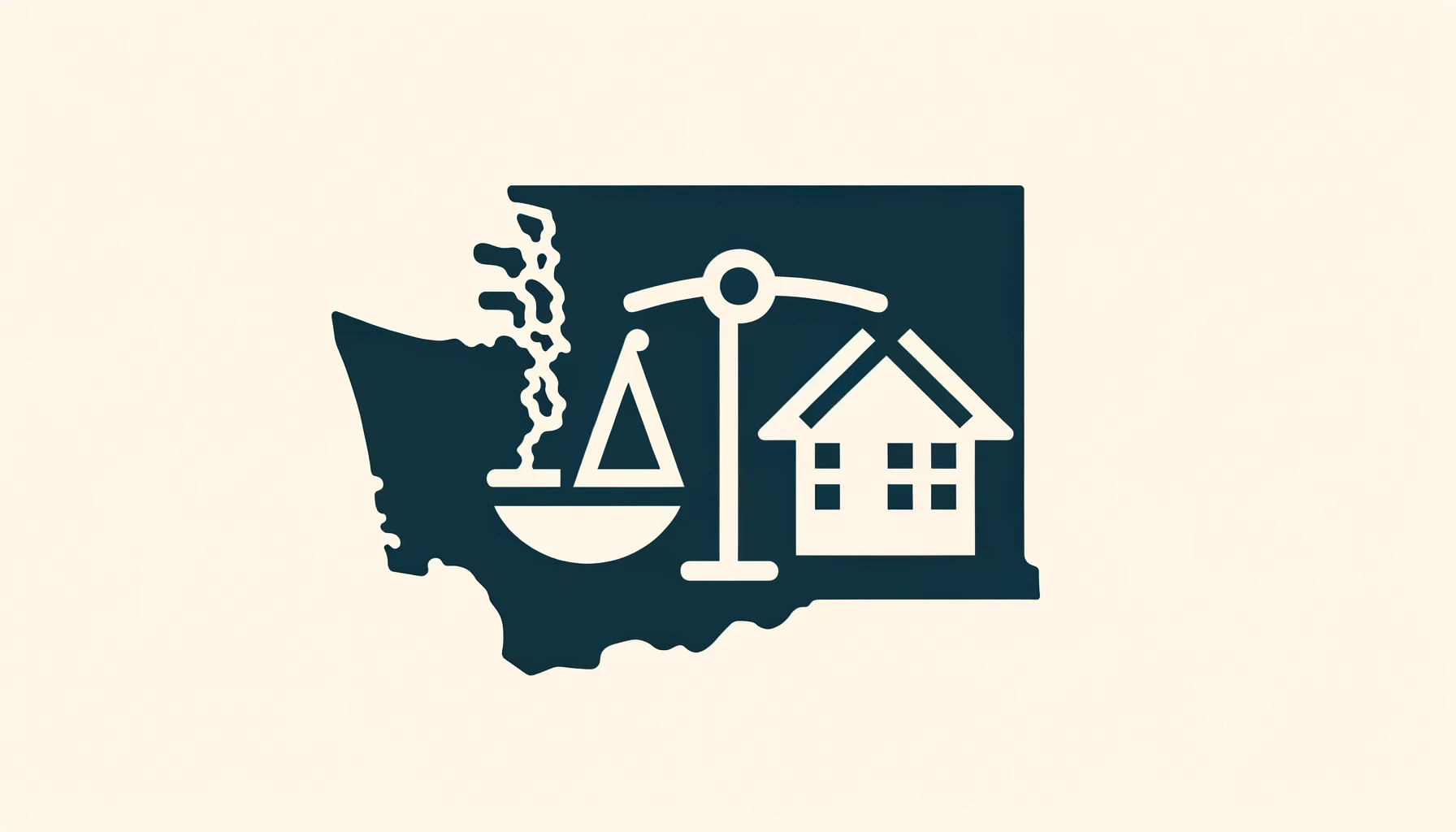Tag: real estate
-

Behind the Scenes of a Home Purchase: What’s Your Title Company Doing?
You joyfully pick up the keys on closing day, and leave the office triumphant, a thick folder from the title company under your arm. The title company played a starring role in your day. At least it did if a mortgage is involved! Cash buyers need not hire experts to run a search on the…
-

Blockchain for Real Estate: It’s Coming.
If you’ve ever bought a house, condo, or co-op, you’ll know it’s a major process. Many joyful buys took a good deal of trudging through weeks of stressful communication challenges. The journey was loaded with people, paperwork, and fees. Why do we put ourselves through it? Because getting into the market is a key wealth-building…
-

You Can Quitclaim Your Home to a Loved One to Skip Probate Costs. Is It Worth It?
A quitclaim deed easily, quickly transfers your home’s title. You can use a quitclaim to give a home to someone else, with no expectation of a payment from the recipient. Some people use quitclaims to pass homes to their family members. So, is this a good way to carry out your wishes yourself — a…
-

Capital Gains: Were Profits on Your 2023 Home Sale EXEMPT? Head Form 1099-S Off at the Pass.
People who sold their homes in 2023, after living in them for a while and enjoying their low mortgage rates, have seen big gains in their property values. Fortunately, most of these gains won’t be taxed. If you sold a home in 2023, your lender or broker may give you Form 1099-S. Federal law requires…
-

Washington State’s Path to Fair Housing: The 2024 Recording Fee Increase and Covenant Homeownership Program
Beginning January 1, 2024, Washington State implemented a substantial revision to its recording fees, significantly affecting the real estate sector. This modification entailed a $100 increase in the recording fee for each document, aligning with the Covenant Homeownership Program assessment as outlined in RCW 36.22.185. This hike is applicable to a broad array of documents,…
-

Owning a Home Just Got More Useful. AI Speeds Up HELOC Lending
At the year’s end, it’s fun to pick out the best innovations to appear during the past 12 months. What about the role of artificial intelligence in home lending? More people might take out home equity lines of credit (HELOCs) to put their home equity to work — if only it weren’t such a drawn-out…
-

Added to a Deed: What Are the Tax Consequences?
It’s a common question. You’re going to be added onto someone’s deed. Will you have to declare your new homeownership to the IRS? An acquisition of real estate is not considered income. But being named on a deed could still implicate taxes. Let’s explore why.
-
Blockchain for Good: Can Smart Contracts Play a Community-Building Role?
Holding the deed to real estate is long associated with stability and financial security. What if some of that security could be shared by — and build up— communities? This article is a thought experiment. Let’s imagine how things could play out if local residents could invest small amounts in a building. How would this…
-
Zoning It Up: “Downtowns Have to Evolve”
Since the pandemic unfolded, one of the most-used keywords for the way we live is flexibility. Now, towns across the United States are asking if the old, rigid approach to zoning meets our evolving needs. Take Seattle. There, the City Council has just decided to let condo and rental towers replace a string of struggling…








